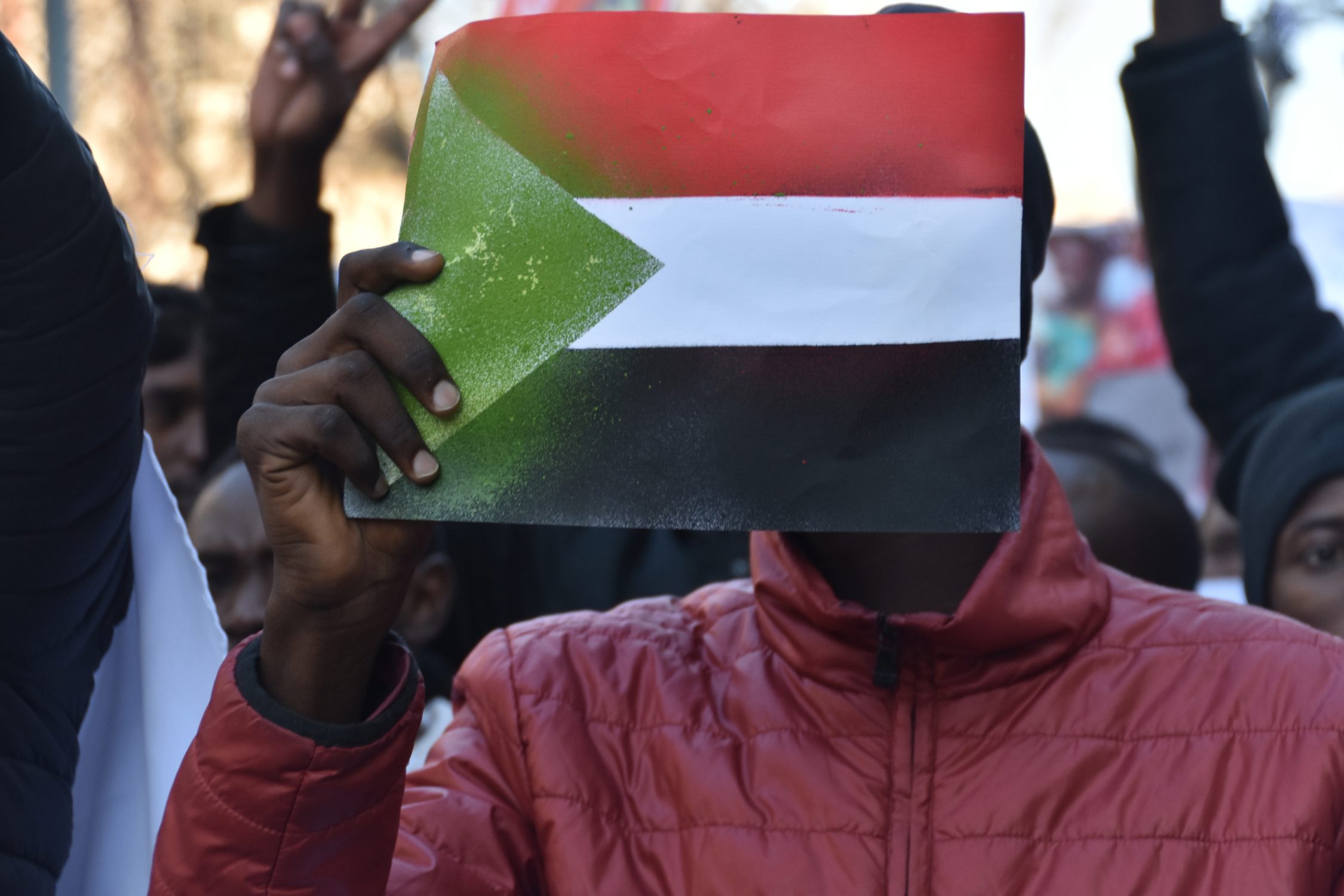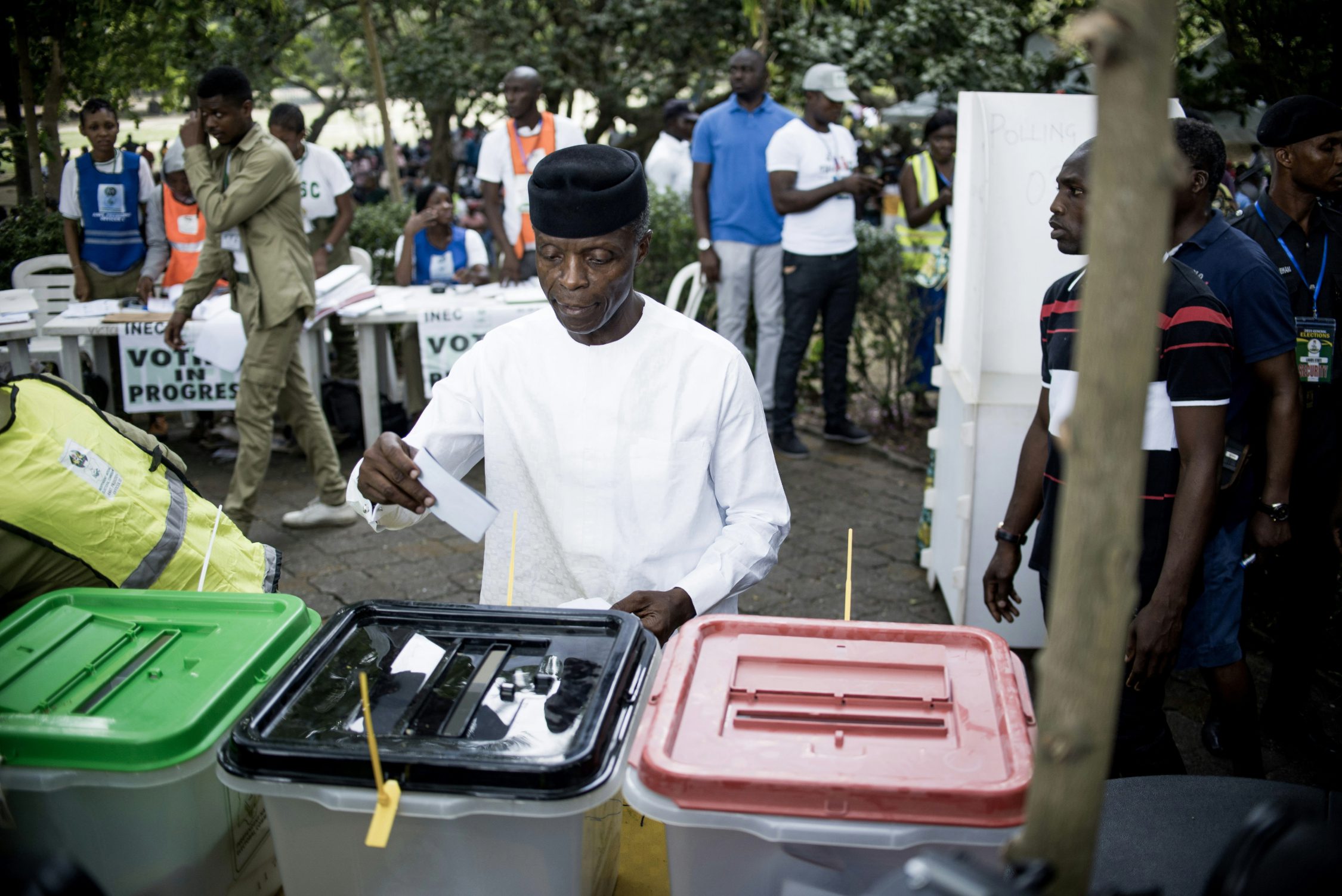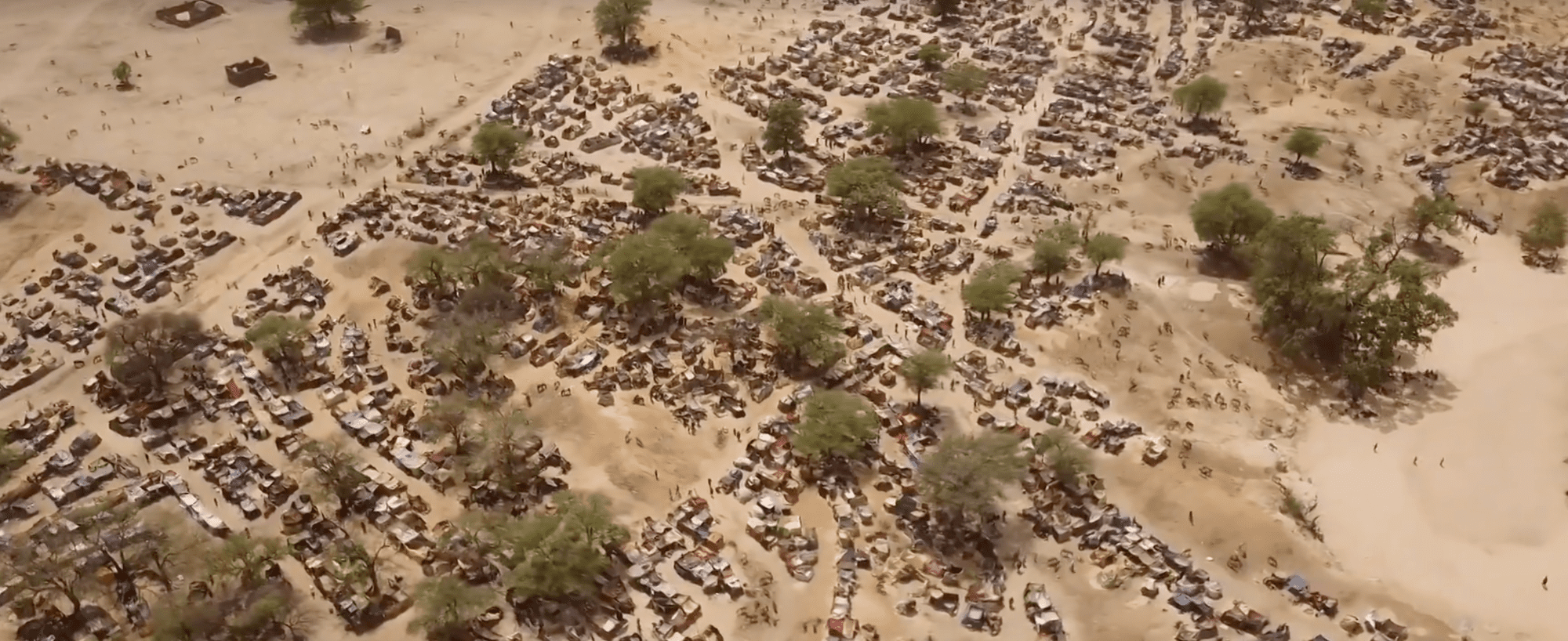Sudan’s civil war is senseless but was forseeable. The prospect of street fighting in the national capital, comparable to Mogadishu in 1991 or Tripoli in 2012, was too awful to contemplate, especially given the reputation of the metropolitan Sudanese for restraint within their heartland. But any frank analysis of the logic of Sudanese politics pointed to a confrontation such as this.
This blog post summarizes various writings by me and colleagues over recent years.

I co-authored this book: Willow Berridge, Justin Lynch, Raga Makawi and Alex de Waal, Sudan’s Unfinished Democracy: The Promise and Betrayal of a People’s Revolution (Hurst and Oxford University Press 2022) which covers the arc of the Sudanese democratic revolution, from its roots in the governance and counter-insurgency strategies of the Omar al-Bashir regime, through the uprising itself with its rigorous commitment to non-violence, the struggle by the civilians against the odds to keep democratization on track, and the 2021 coup.

My framework for analyzing Sudan has been the ‘political marketplace’ as described in my book, The Real Politics of the Horn of Africa (Polity, 2015). It is a logic of monetized transactional politics. It isn’t the only logic at work—identity politics, civil resistance and violence are also important—but I argued that the political marketplace was the dominant logic that would likely prevail. I saw Mohamed ‘Hemedti’ Hamdan Dagolo as a skilled practitioner in Darfur’s political market, describing his 2008 mutiny as a ‘rent-seeking rebellion’ (pp. 59-60). It was a logic that was taking over the whole country. In my concluding paragraphs on the Sudanese case (p. 90), I wrote that, (a) the regime’s policy of governing the peripheries through militarized patronage turned those provinces into violent political marketplaces, (b) the Khartoum elites consistently assumed they could buy off the provincial elites cheaply (and miscalculated), and (c) the metropolitan elite shared a consensus on the rules of the political game within Khartoum such that a form of government could survive.
Shortly after the 2019 revolution I wrote a paper entitled ‘Sudan’s Political Marketplace and Prospects
for Democracy.’ I was very pessimistic about the prospects for Sudan exiting from the logic of the political marketplace and becoming an institutionalized democracy. The question was, I wrote, whether it would become a centralized kleptocracy, a collusive oligopoly, or a rivalrous and unstable oligopoly. If there were to be any chance for a civilian government to play in this market, it would need massive external assistance to stabilize the economy and support legitimate businesses that could counteract the crony capitalists (the so-called ‘deep state’ of the military-commercial complex and the Islamist banks and businesses) and the political-commercial entrepreneurship of Hemedti and the Rapid Support Forces.
I wrote a profile of Hemedti at the time, making the point that he was bigger than the state—perhaps I should have also written that the state had shrunk so much that it was becoming captive to a paramilitary entrepreneur.
I wasn’t impressed by the ‘business as usual’ US policy after the
revolution. And I wrote that the Biden Administration’s State Department
has failed to do the diplomatic basics.
My colleagues Mulugeta Gebrehiwot and Sarah Detzner wrote
a paper on security sector reform, making the case that there was a narrow window of opportunity to bring the sprawling security arena under some form of civilian control.
Eddie Thomas and I wrote on ‘Sudan’s Path
of Hunger’: how a long-established political economy of exploiting land and labor supported an unsustainable consumption pattern for the Sudanese cities, and how the logic of the political market prevented reform.
I railed against the 2021 coup, which I saw as being driven solely by the General Abdel Fatteh al-Burhan’s determination (along with Hemedti) to protect his kleptocratic interest.
Finally, on the question of how the war may develop, my chapter on Sudan in the edited volume by Bridget Conley, How Mass Atrocities End (Cambridge 2016) outlined a repeating pattern of war and atrocity. The initial stage of a conflict is ‘Schmittian’: an intense war in which two readily-identifiable parties contest for the state. The government may gain the upper hand, but cannot win a decisive victory, and neither government nor rebels can sustain their centralized, coordinated war effort. What happens is that they become exhausted but do not make peace, and what we see is a ‘Hobbesian’ pattern of a war of all against all.
My immediate take is in this blog post: ‘Sudan’s New War and Prospects for Peace.’



